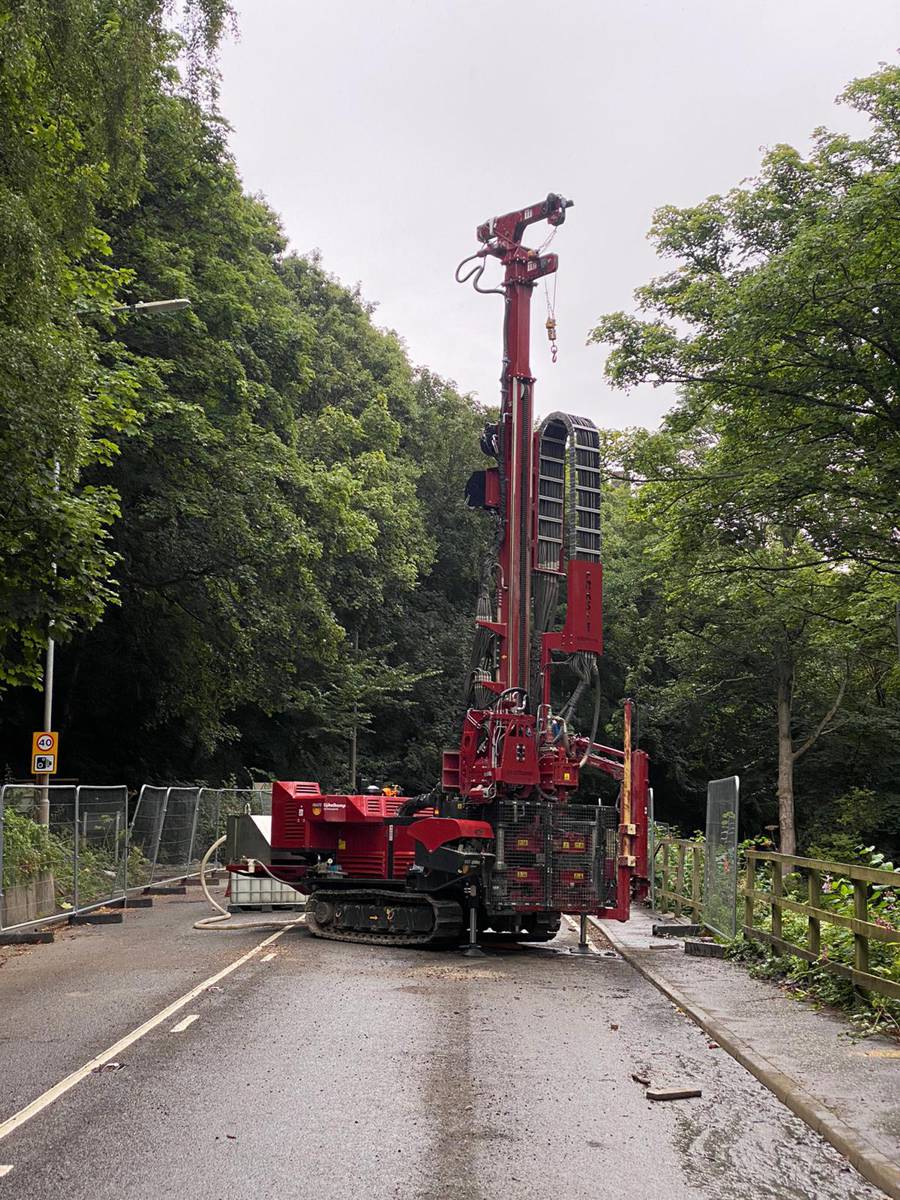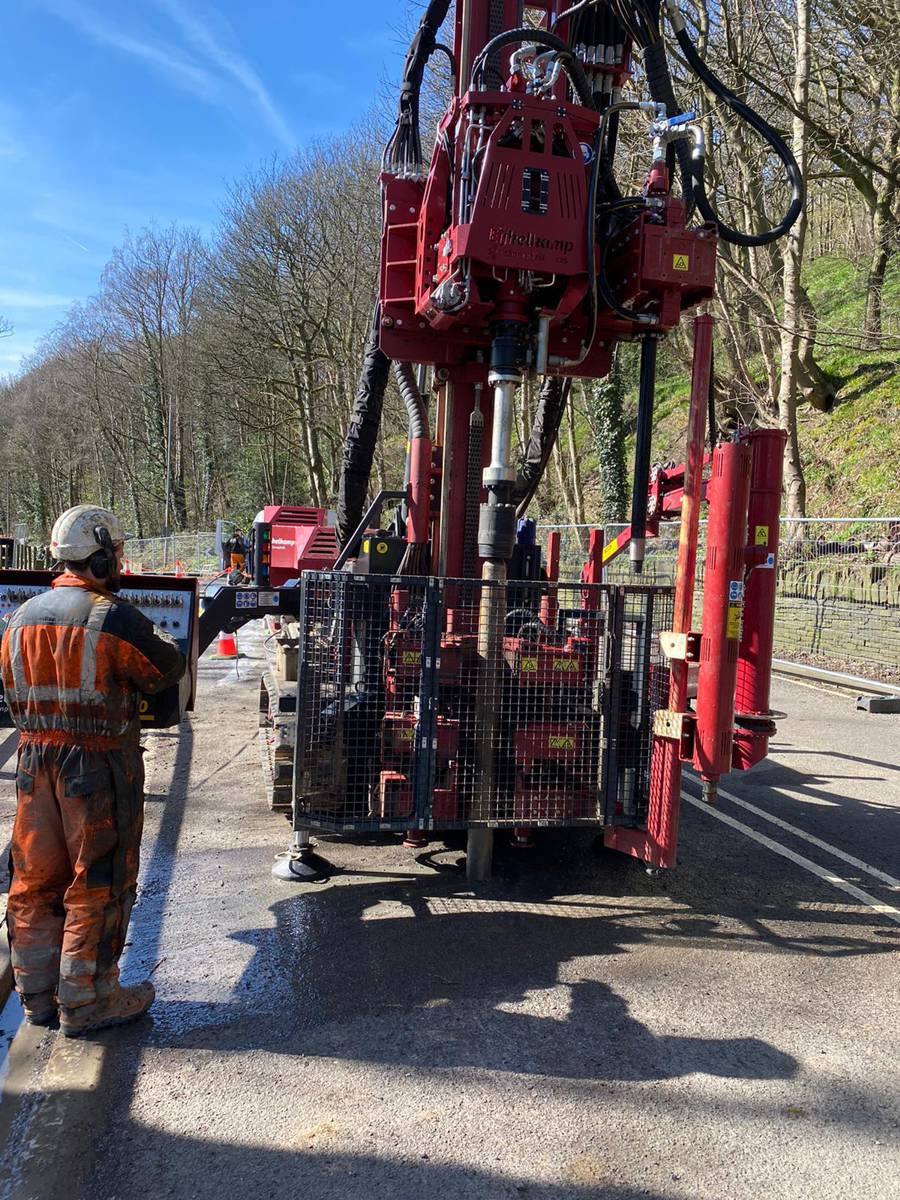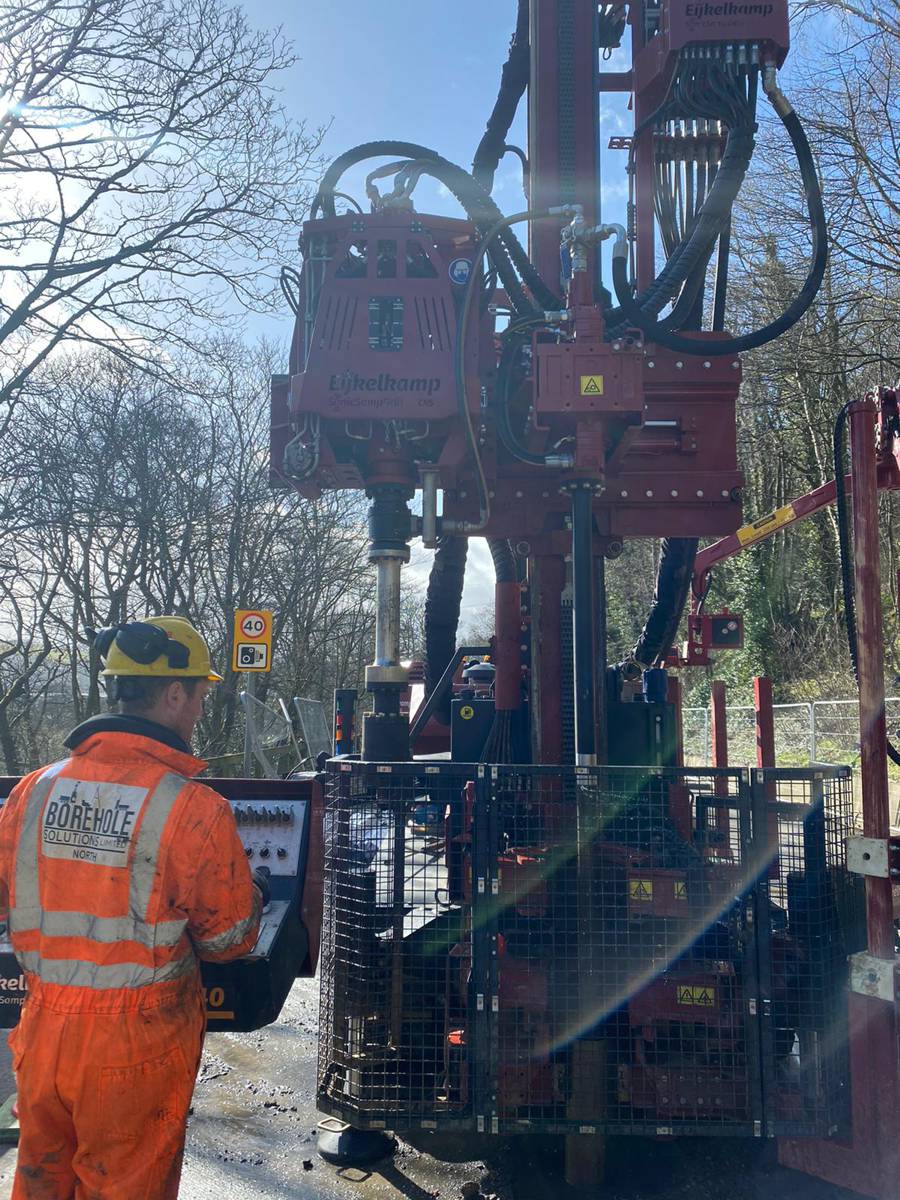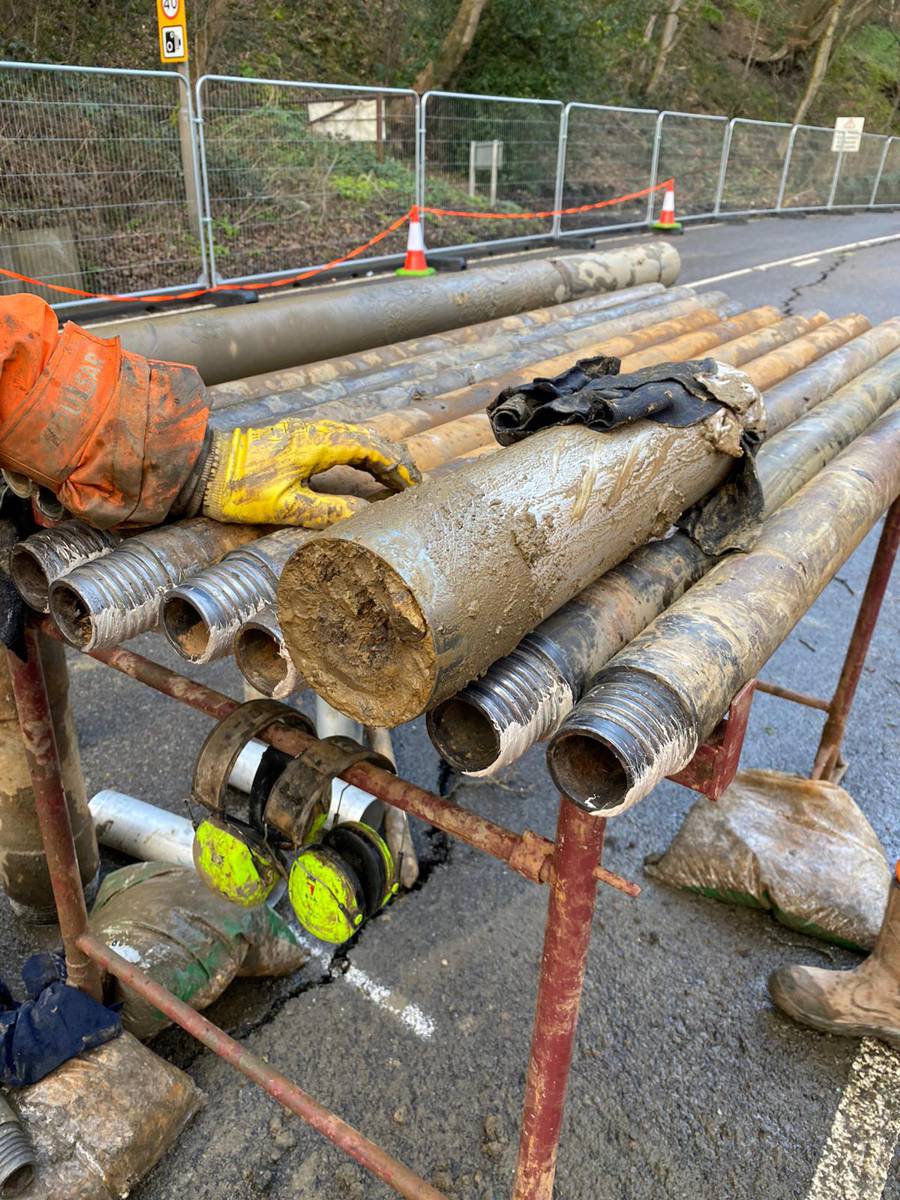Geotechnical drilling for roads and highways
Planes, trains and ships all have their own undeniable benefits – namely their ability to quickly transport a significant amount of people, goods and services between two locations – but these forms of transport pale in comparison to the vast and flexible range of uses we can associate with motoring.
Consider the following statistic in order to put this into perspective: a staggering 81.7 thousand vehicles travels each mile of motorway each day.
Natural wear and tear is completely unavoidable considering the substantial amount of use the UK’s roads get. Our national lifelines require constant upkeep in order to ensure they’re safe, functional and reliable. John Rodgman, Managing Director of the geotechnical drilling company, Borehole Solutions, has a thorough understanding of the extensive investigative and remedial work required in order to stay on top of a good, working road.
John has provided his insight into what a geotechnical drilling company can do about the different kinds of issues that may occur on roads and highways.

Type of Work Required in Motoring Geotechnical Drilling:
Landslips and Other Geological Faults
The rock and soil beneath a road may experience a landslip. This can ultimately lead to failures and cracks in the road; cracks that will continue to grow from barely visible to incredibly dangerous if left unattended.
Some softer geological formations – sandstone, for example – are far more likely to experience this type of slip. Core samples of the strata beneath the road can be extracted by geotechnical drilling companies, and examined in order to determine the underlying geology and develop an appropriate response.
Slope Stabilisation
The term ‘unstable’ isn’t reserved for roads that are unsafe to drive on. In fact, roads built upon any type of uneven surface – such as a slope or hillside – fit into the category of unstable. A geotechnical drilling company will undertake a comprehensive geotechnical investigation, regardless of whether an entirely new road is being built, or the pre-existing infrastructure is being maintained.
In the case of the former, a contractor will be able to determine the viability of the road’s development. As for the latter, investigation is necessary in order to establish the appropriate monitoring and maintenance work.
There are a variety of methods that can be used in order to carry out an analysis on the ground. Restricted access and modular drilling rigs are particularly useful when it comes to slope stabilisation as they are able to climb slopes and drill in hard to access areas.
Diverting Buried Services
Road networks constantly require minor to major alterations, but it’s always essential to carefully consider the services that exist beneath the road. It would be nightmarish for a contractor to stumble upon a major National Grid pipeline when halfway through the addition of a new carriageway lane, for example.
With this in mind, it’s abundantly clear that extensive planning is required when engaging in geotechnical drilling. Exploratory holes will be drilled before proceeding any further with an operation, in order to locate, identify, and in some cases, examine the existing underground service infrastructure further.

There’s No Time To Lose!
When a road is worked on, it obviously needs to be closed for the entirety of the job. This doesn’t present a huge issue when the job in question takes place on a small, rural B-road, for example; but in the event of needing to close a lane of a major city’s arterial motorway, it’s essential that the job is completed as efficiently as possible.
Congestion is a natural byproduct of a large road’s closure, and this will be easier to mitigate the quicker the job is completed. It’s essential for geotechnical drilling companies to be able to carry out this kind of job with the highest possible level of accuracy, whilst remaining safe and efficient.

Remedial Options
Once a geotechnical investigation is complete, a variety of remedial options will be available. When it comes to roads and highways, there is an extensive list of remediation options. Re-profiling may be required for landslides, however, in order to stabilise the slope. In addition to this, they may also require further drainage, as well as the implementation of physical defences that help to protect against further erosion.
If remedial measures are required, a certain amount of instability within the ground can certainly be expected. Realignment measures and stabilisation techniques are often a focus in order to optimally fortify the roads and prevent similar problems from recurring in the future.






























